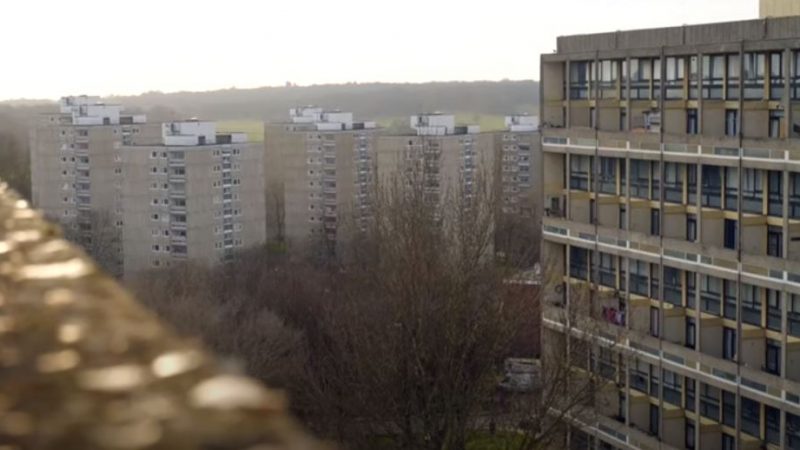As the value of inheritance is set to double, the divide between the affluent and the disadvantaged will expand over the next 20 years, research finds.

The richest in society are twice as likely to benefit from an inheritance than the poorest, according to a study by the Resolution Foundation.
The think-tank’s ‘Intergenerational rapport fair? report, which was funded by the Family Building Society and draws data from a YouGov survey, explores the scale and nature of inheritances in Britain, and how the intergenerational transfer of assets impacts wealth and lifestyles.
The report reveals how the value of inheritance is on target to double over the next two decades.
Rising house prices and tax avoidance measures
Rising inheritances are owed to house prices increasing and tax-avoidance measures. People born after the 1980s are on target to receive an average of between £200,000 and £400,000. The average age to receive a hefty inheritance is 61, but families often make gifts sooner, the report notes.
Figures from the Office for National Statistics show that the value of gifts made yearly – which come as tax-free if the gifter lives for at least seven years – has rocketed by almost a third since the financial crisis, from £9.2bn in 2007 to £12bn in 2017.
‘More millionaire couples than ever before’
Sean McCann of financial advisers NFU Mutual, said property and pension wealth increases had “created more millionaire couples in Britain than ever before”.
“People are sitting on vast wealth and want to put it to work and help their families and do not want to lose out to the taxman. Lump sum gifts for house deposits are increasingly popular. Others are making regular gifts to their children straight out of their excess income, which is tax-free from day one, as opposed to gifts from savings which only become tax-free after a number of years,” said McCann.
As youngsters struggle to put a foot on the housing market due to spiralling costs of home ownership, coupled with older generations fearing having to pay harsh tax rates on their estates, the trend of gifting to offspring earlier looks set to continue, the think-tank says.
Rich people twice as likely to receive inheritance than poor
The situation involving inheritance will exacerbate the gap between the rich and poor, as the likelihood of receiving an inheritance is twice as high if the beneficiary is in the richest fifth of earners compared to the poorest fifth.
Receiving a lump of cash can have a significant impact on the beneficiary’s lives. The report notes how a third of gifts are given to help with the purchase of a home. 6% of homeowners say that without the transfer of money, they would not have been able to buy their home.
Jack Leslie, senior economist at the Resolution Foundation, described inheritances as going to “too few and too late” to solve the country’s home ownership problem.
“A boom in household wealth over recent decades has led to expectations of a huge inheritance windfall. But inheritances go to too few – and too late – to resolve Britain’s youth home ownership crisis, with just a third of people having received or expecting to receive an inheritance.
“These wealth transfers often have a significant impact on the lives of recipients, enabling 1.6 million households to own a property that they wouldn’t have been able to otherwise. But with the highest-income families twice as likely to be recipients as the lowest, the benefits are far from evenly distributed.
“With many givers also changing their behaviour in order to facilitate those transfers, the impacts of transferring wealth are far-reaching.
“A greater role for inheritances, and wealth in general, will be a central feature of 21st century Britain, shaping the lives of generations young and old,” said Leslie.
Gabrielle Pickard-Whitehead is a contributing editor to Left Foot Forward
To reach hundreds of thousands of new readers we need to grow our donor base substantially.
That's why in 2024, we are seeking to generate 150 additional regular donors to support Left Foot Forward's work.
We still need another 117 people to donate to hit the target. You can help. Donate today.



